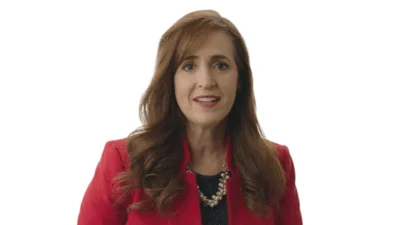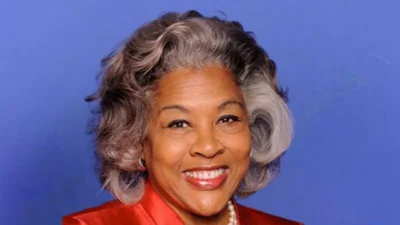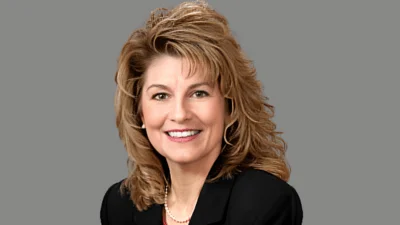Walter “Ted” Carter Jr. President at Ohio State University | Twitter Website
Walter “Ted” Carter Jr. President at Ohio State University | Twitter Website
The Ohio State University’s Kirwan Institute hosted the second annual African American Behavioral Health (AABH) Conference on July 25-26 at the Fawcett Center in Columbus. The event aimed to address cultural and systemic barriers that prevent African Americans from seeking treatment for conditions affecting their mental and physical health.
"Part of both Ohio State’s land-grant mission as well as the new strategic vision that the Kirwan Institute launched in September was really around being collaborative conveners," said Kirwan Institute Executive Director Ange-Marie Hancock. "When we say collaborative, what we really mean by that is that we partner with community organizations, but also that we partner with members in the community who are doing things right that deserve extra support or deserve extra attention."
The conference covered topics such as supporting families of children with special needs, addressing Alzheimer’s disease, promoting brain health, and understanding health challenges for communities of color in Appalachia. It featured a keynote address by Barbara Jones Warren from Ohio State’s College of Nursing on building resilience among women, a panel discussion on reducing suicide rates among African American youth, and breakout sessions with various clinicians.
"We know social workers, school psychologists, all of those folks are out there doing tremendous work and providing tremendous value to our community," Hancock said. "We wanted to make sure they’re properly tooled up, they’re properly supported, with all of the best and latest research."
The event was organized by the Kirwan Institute in collaboration with Ohio State’s Office of Outreach and Engagement and the Ohio Department of Mental Health and Addiction Services.
"It’s through these kinds of deep partnerships that our Kirwan Institute is leading that we’re best positioned to benefit those we serve," said Wendy Smooth, Ohio State’s senior vice provost for inclusive excellence. "Today’s focus on the mental well-being of African Americans certainly calls us into our purpose as an institution that is responsible for marshaling our resources and our research to enrich the lives of Ohioans."
During a session on Alzheimer’s disease, neuropsychologist Jeremy Grant discussed risk factors like physical inactivity, smoking, alcohol abuse, hypertension, and diabetes. He emphasized mitigating these risks through adequate sleep, limiting nicotine and alcohol exposure, exercising regularly, eating a healthy diet rich in fruits and vegetables, maintaining an active social circle, and engaging in mentally stimulating activities.
"Never stop learning," Grant said. "Never stop challenging your brain."
A panel on reducing suicide rates among African American youth included Kamaria Tyehimba from Talbert House; Linda Gallagher from Hamilton County Mental Health and Recovery Services Board; Ryan Hill; and Sevin Adams. They discussed forming regional coalitions with community organizations to provide information about substance abuse and mental health treatment.
"If someone needed services to be admitted to a treatment program,” Tyehimba said. “We wanted them to be able to know how to talk to that service provider.”
Hill shared an anecdote about preventing a high school classmate's suicide through friendship: "Just being someone’s friend made a difference... You never know what kindness can do."






 Alerts Sign-up
Alerts Sign-up